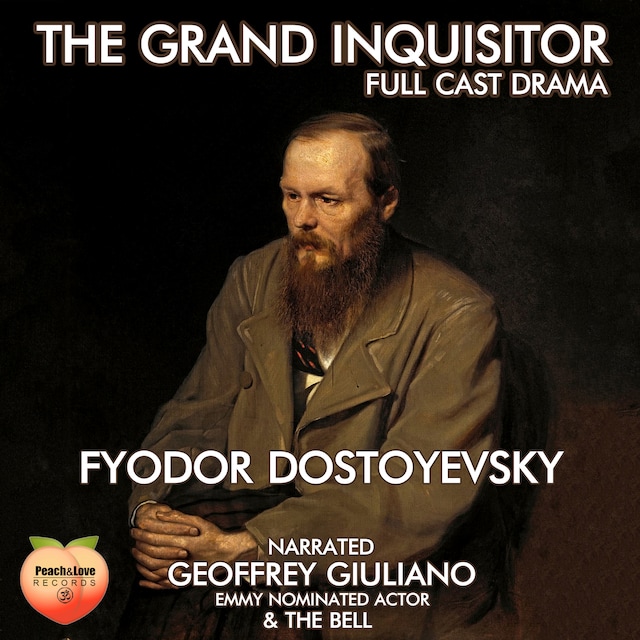
The Grand Inquisitor
Full Cast Drama
Description of book
In "The Grand Inquisitor," Fyodor Dostoevsky presents a profound and provocative exploration of faith, freedom, and human nature. This gripping parable is a standalone chapter from his larger work, "The Brothers Karamazov," yet it possesses a timeless and universal resonance. Set in 16th-century Spain, the story unfolds through a dramatic monologue by the titular Grand Inquisitor, who confronts Jesus Christ after His return to Earth. The Inquisitor, a towering figure of religious authority, condemns Jesus for granting humanity the burdensome gift of free will. In his view, people are incapable of bearing the weight of true freedom and are better off under the strict guidance and control of the Church, which he believes provides the order and certainty necessary for their happiness. Through this intense dialogue, Dostoevsky delves into the eternal conflict between individual freedom and institutional authority, raising profound questions about the nature of faith and the human condition.
The narrative is infused with Dostoevsky's characteristic depth of psychological insight and philosophical inquiry. The Grand Inquisitor's arguments are compelling and unsettling, challenging the reader to reflect on the complexities of moral and spiritual autonomy. As Jesus remains silent throughout the Inquisitor's tirade, his silence itself becomes a powerful statement, embodying the idea of faith in the face of authoritarianism. This encounter between divine love and human power offers a stark critique of religious institutions that prioritize control over compassion. "The Grand Inquisitor" serves not only as a key thematic component of "The Brothers Karamazov" but also as a standalone meditation on the intricate dance between freedom and security, belief and doubt.


